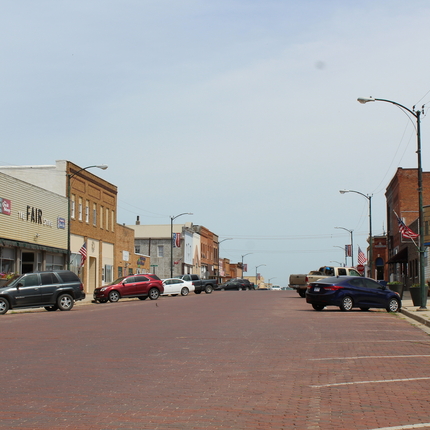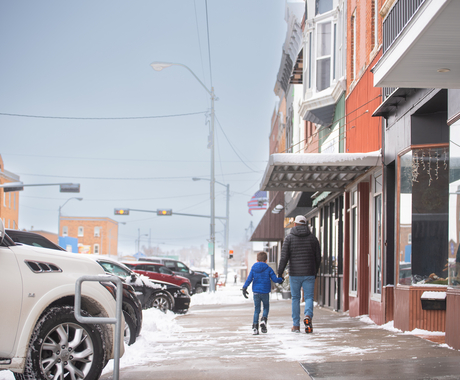By Johnathan Hladik, former policy director. Published in the Norfolk Daily News on July 1, 2020
They may not be big, but small businesses are having a huge impact in your rural community. Yet, when the Coronavirus Aid, Relief and Economic Security (CARES) Act was signed into law, Congress left them out.
While many businesses, such as retail, restaurants, salons and care providers, have been allowed to reopen amid new restrictions due to coronavirus concerns, small rural business owners with loans through the U.S. Department of Agriculture’s (USDA) Rural Microentrepreneur Assistance Program (RMAP) continue to face challenges, with many worried they may have to close their doors.
Under the CARES Act, the Small Business Administration (SBA) is paying all loans owed to agency lenders, including principal, interest and fee payments, for six months. This allows business owners with SBA-backed loans to use the money set aside for their loan payment to instead meet payroll, cover utilities, and manage unexpected costs. No such provision was afforded to RMAP borrowers.
As it considers additional legislation, Congress has the opportunity to give up to 1,200 rural entrepreneurs a chance to face the future.
Recently, the Center for Rural Affairs joined 64 other small business lenders from 32 states in requesting that Congress give RMAP borrowers the same opportunity as those with SBA loans.
First created in the 2008 farm bill, RMAP offers important assistance to businesses nationwide. It allows the USDA to coordinate with Microenterprise Development Organizations to provide training, assistance and lending capital to rural entrepreneurs.
Businesses with loans through RMAP have 10 or fewer employees, are located in a rural area, and have been unable to secure funding through the SBA due to an absence of local lenders or a lack of credit. Because they don’t have a relationship with an SBA lending institution, RMAP borrowers, many of whom are sole proprietors, are less likely to qualify for the Paycheck Protection Program, also created under the CARES Act.
Loans have been made in nearly every state and Puerto Rico. In Nebraska, the program has made $4,531,250 of loan capital available to rural small businesses and provided $1,384,636 in technical assistance support since 2010.
To help provide relief during this pandemic, a majority of RMAP lenders have been offering up to three months of payment deferral, with a significant number of borrowers having accepted the offer. But, that relief is only temporary, with borrowers still owing the full loan balance once the deferral period ends.
A lack of action by Congress could have long-term consequences for future entrepreneurs and rural communities. If businesses are forced to close and the nonprofit Microenterprise Development Organization does not receive full payment, these lenders will be unable to continue making loans to rural entrepreneurs in the future.
Without access to RMAP loans, small business owners may not have the means to expand operations, create new jobs and tap into new markets, aspects vital to creating vibrant, rural communities.
Getting loan relief to the approximately 1,200 RMAP businesses nationwide is projected to cost under $2 million, a drop in the bucket compared with overall trillions of dollars in stimulus spending already allocated. But the impact is substantial. This policy change can ensure hundreds of rural small businesses, including dozens in Nebraska, will make it to next year.
The CARES Act has chosen winners and losers. But rural small business owners cannot languish in the losers category any longer. Congress can fix this, and we urge them to do so immediately.





